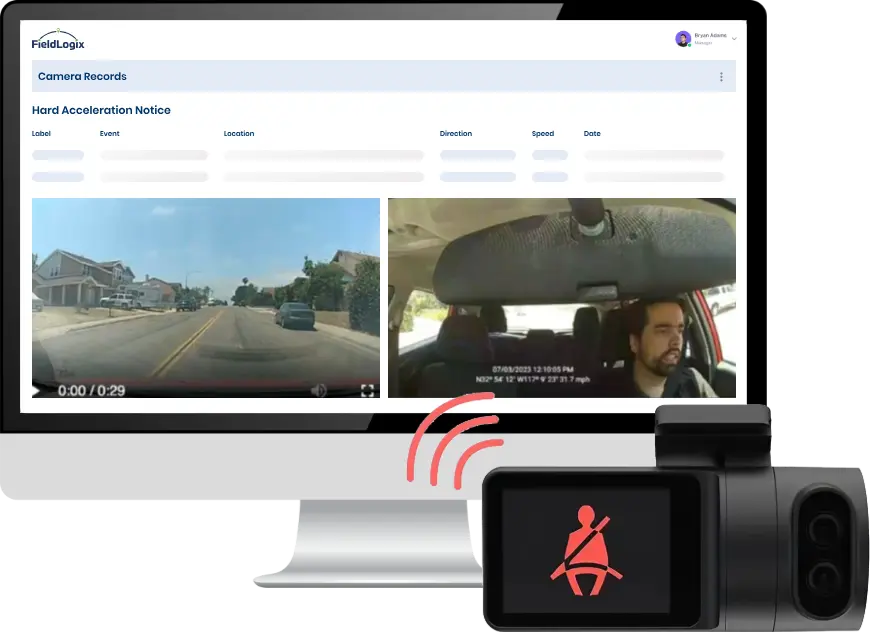FedEx Expanding Green Fleet With New Electric Vehicles
FedEx Express, a subsidiary of FedEx (NYSE: FDX) that handles time-sensitive shipments, announced last week it will double its electric vehicle fleet and add more than 4,000 new fuel-efficient vehicles to its conventional fleet.
Over the next two months the company will expand its green fleet by putting 24 all-electric vehicles (EVs) on the road. Once these are all deployed, FedEx Express will have a green fleet of 43 electric vehicles in service. The new EVs will operate in New York City, Chicago, and Memphis.
The company is currently running 19 all-electric vehicles in Los Angeles, London, and Paris.
On high-mileage routes, FedEx is replacing 4,000 vans with fuel-efficient, low-emitting clean diesel Sprinter vehicles that are 100 percent more fuel efficient than conventional vans, according to Keshav Sondhi, FedEx Express asset manager.
“Since launching our first Sprinter in 2000, we have put close to 1.4 billion miles on these more fuel-efficient vehicles, saving over 66 million gallons of fuel compared to their predecessors,” he said.








